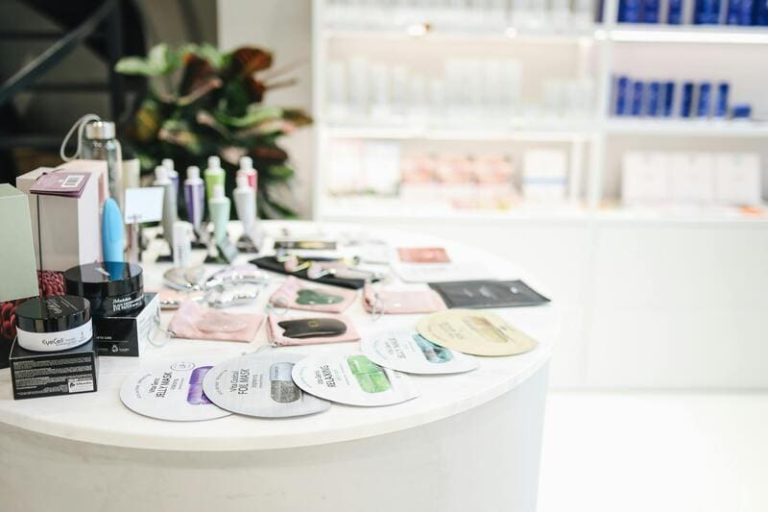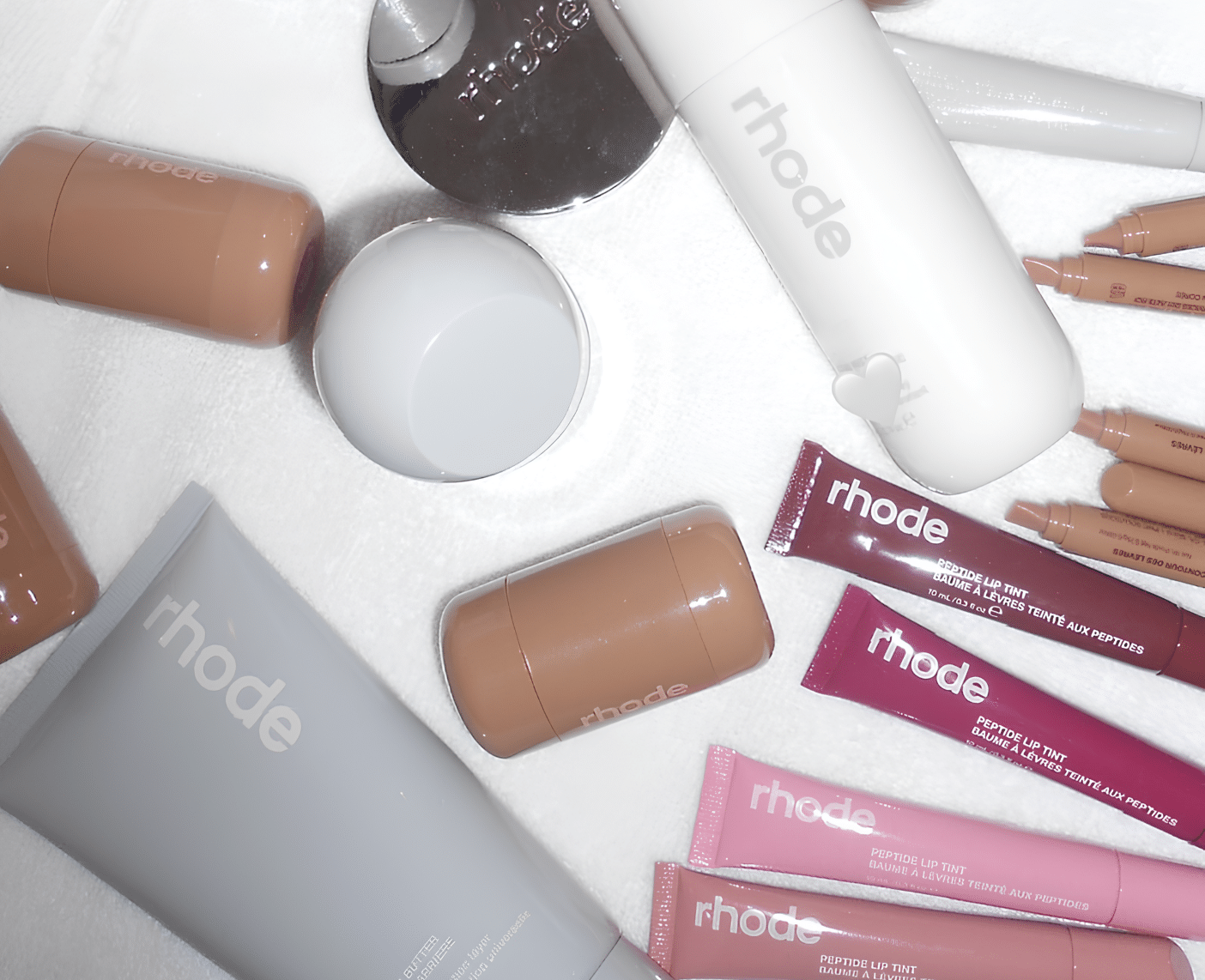Beauty products you use could contain carcinogens and be putting you at higher risk for cancer. That’s the result of recent research into the products used by many women. And the risk is higher for Black and Latina women.
Carcinogen Found
This study on carcinogens in beauty products comes from Environmental Science and Toxicology Letters. They surveyed 70 women who are Black or Latina and had them log their use of these products using their smartphones. More than half of the participants reported at least one product that contained formaldehyde or formaldehyde-releasing preservatives.
The products you use the most, lotions and soaps, were found to contain cancer-causing ingredients. Additionally, hair-styling products, leave-in conditioners, eyeliner, and eyelash extensions or glue were on the list.
What is Formaldehyde?
It’s a preservative. You’re probably familiar with it being used to embalm the bodies of the deceased. What is it doing in beauty products? It’s used to increase shelf life and prevent microbial growth. But it’s also highly toxic and known to be a carcinogen, a substance that causes cancer. The European Union banned using it this way in 2009. The states of Washington and California have also banned it.
Even if formaldehyde itself isn’t in the product, they’re often using a formaldehyde-releasing preservative. These chemicals release the formaldehyde slowly as time passes.
You can read the labels of your products before purchasing, but it isn’t as simple as looking for the word formaldehyde. The chemicals are often listed using their long, unpronounceable chemical names. One you can watch for is “DMDM hydantoin.” Other possible names for the releasing chemicals are diazolidinyl urea, imidazolidinyl urea, quaterinium-15, and sodium hydroxymethylglycinate. Formaldehyde itself could be listed in many ways, like formalin, paraformaldehyde, or methanal. We recommend reading more information from the Silent Spring Institute on avoiding these chemicals.
Wrapping it Up
Companies producing the many products women use for beauty are out to make a profit. It’s unfortunate, but it is up to us as consumers to educate ourselves and learn what’s in the stuff we use. Make your feelings known. You vote with your dollars, and companies will notice if we stop buying the poisons they sell. You can also contact companies directly. And write to your lawmakers. After all, they work for us.










